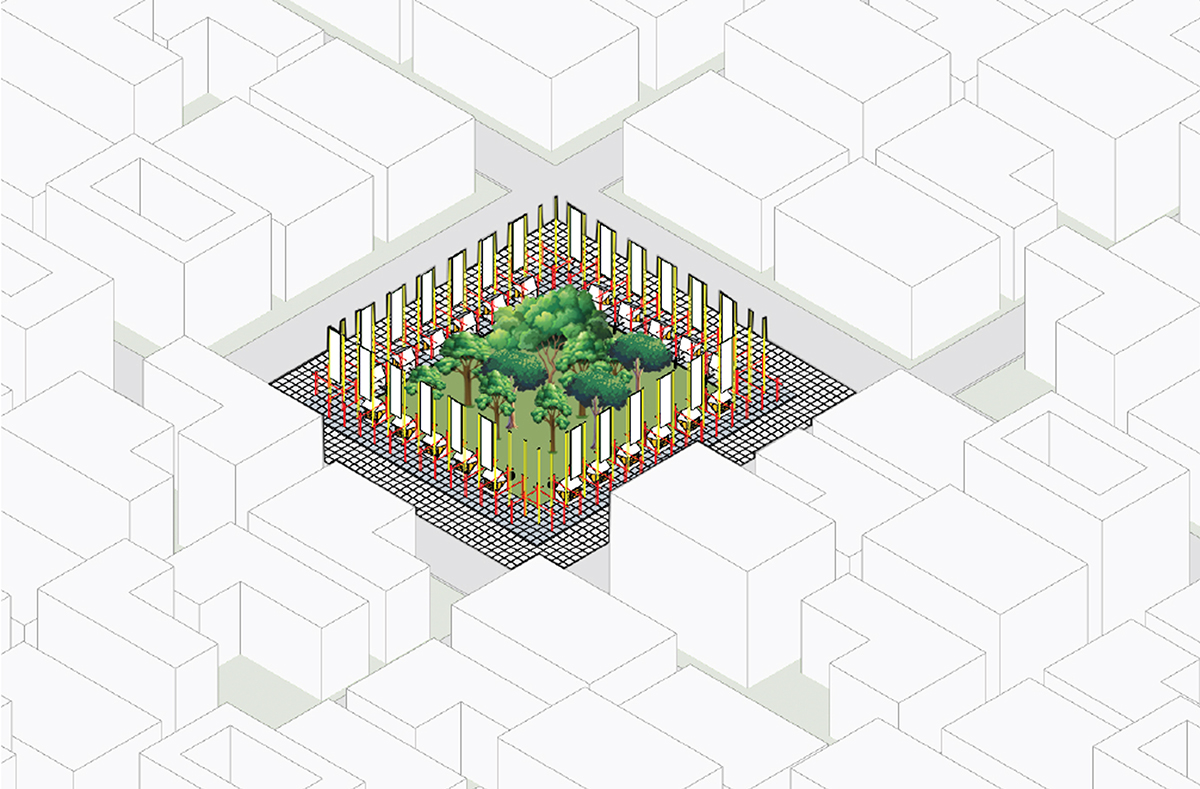17th may to 31st may –this 16 days are gone like a blink of an eye, the duration of summer school-2015 at Laurie Baker Center for Habitat Studies, Thiruvananthapuram, Kerala. We 8 people from BUET and BRAC University participated in this 15 days long workshop. We, Nidalia Islam, Azka Eshita, Silmi Farah, Tanzina Khan, Nuzhat Nabila, Shahriar Mannan, Rahfatun Nisa Nova and Badia Badrudduja were the participants for this year summer school program.
LBC-The Laurie Baker Centre for Habitat Studies (LBC) was created by humanitarian architect Laurie Baker as well as his friends, students and admirers to propagate his philosophy of the concept of sustainable development through research, extension, training, documentation, dissemination and networking.

The LBC (Laurie Baker center for habitat Studies) is established with the active support of the Centre of Science and Technology for Rural Development known as COSTFORD, which was co-founded by late C. Achutha Menon, former Chief Minister of Kerala and a development visionary, late K.N. Raj, one of India’s renowned economists and social thinker, Laurie Baker and by T R Chandra Dutt, social activist for the promotion of appropriate technology for building construction as well as for rural development following the philosophy of Lawrence Wilfred Baker (1917 – 2007) popularly known as Laurie Baker who dedicated his life to the service of the ordinary people primarily through his innovative and environmentally-friendly approaches to the design and construction of buildings. A chance meeting with Mahatma Gandhi inspired and introduced him to India.

The idea of participating in Summer school -2015 came to our mind when we studied Laurie Baker and his design approach, three of our friend also participated in LBC workshop, and their feedback also inspired us. The theme of summer school was to complete a construction with the help of students by following Laurie bakes philosophy so that they became aware of construction technique, Laurie bakers construction approach and other eco friendly and sustainable issue. This year they completed the extension of their kitchen with storage and change room for workers.

This Summer School Program is designed as four parts. Firstly the theoretical classes, secondly the hands on construction training, thirdly visit to the works of Laurie Baker and other important sites of Trivandrum and finally implementation on a conceptual project.
Our program consists of theoretical classes which introduce us with architect’s philosophy, construction method, waste management, eco friendly and sustainable construction method. And there were hands on training which the real fun part! This is where we get to the construction by our self, of course there are supervisors and instructor. We did the adobe masonry wall for kitchen, learned some bamboo joints, mud flooring and plaster for the storage part. We also learned the brick joining and detail of Laurie baker, learned to construct an arch. We’re supposed to all this by our self in group of at least three people.

So it was real fun part for us, how time went on we never realize. There are people from all over the world, and all of them are not architects, there are urban biologists, interior designer and architect without education! They speak different language; they have their own culture so that’s really an intriguing part where you get the real multi-professional and multi-cultural platform to judge yourself, to verify your view on architecture.
We were divided in two group seniors and juniors- as all the technical detail are not necessary for students but helpful for architects who are in profession. But in dining we’re all together exchanging our experience, views and making jokes on food. Yes, you got to have nerve to sustain on south Indian food for 15 days, so that’s another training indeed! You’ll have refreshing and naive chitchat with young ones; also you get to know perspective of the experienced minds.

The senior architecture students those who is going to be graduate within one or two year can find this program very helpful, they will have the confidence how things can be done in site, and of course being aware of your environment, the architecture of aesthetic and massing is long gone, it’s really high time we get aware about our site context, condition and socio-economic issue.






